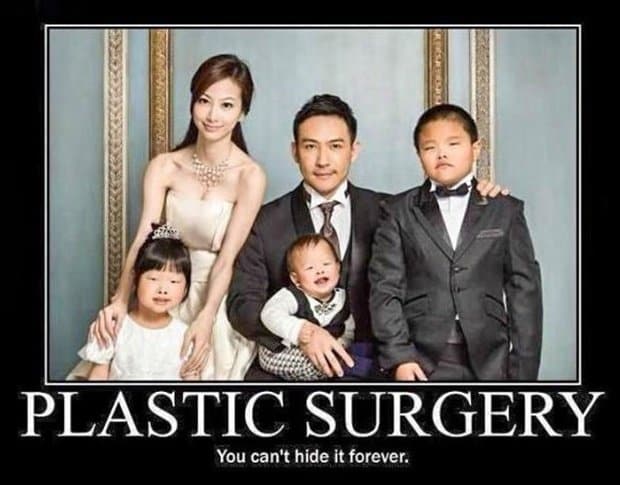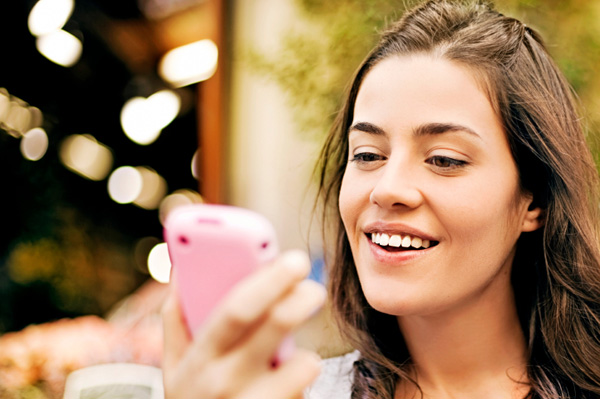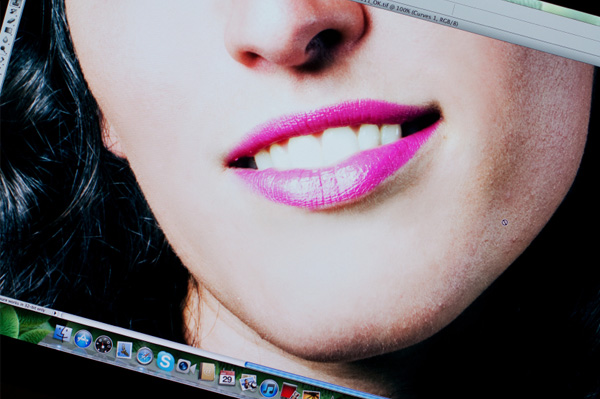“The most important thing in this world is to learn to give out love, and let it come in.” ~ Morrie Schwartz
Love is a strange and beautiful thing.
I always thought I knew what love meant. I grew up hearing the words all the time. It was on TV, in books and magazines, and people all around were saying it.
I thought I knew how to love. I mean, I told my teddy bear that I loved him because he kept me safe at night. I told my sister that I loved her, only if she was nice to me and would play the games that I wanted.
But if I didn’t get that new limited edition beanie baby, I felt differently for my parents. If my friends at school didn’t give me the birthday presents I wanted, I felt differently for them.
I seemed to only love the people and things that would give me something in return and that would allow life to go on the way that I wanted it to.
I never truly felt love, a love that was unconditional and all encompassing, until the day I first saw my dad cry.
My friends always tell me that my father is the happiest man that they’ve ever met. He greets everyone with open arms, and his smile is so big you can practically count all of his teeth.
The other day I came home, and my dad looked sullen, the smile usually spread across his face missing. He looked into my eyes and just collapsed into my arms, sobbing.
I could feel his sadness before I even heard the tears, from the way he put his entire body weight on me as if he needed help just standing, and the way he gripped me so tight like a child does with his mom on the first day of school.
My sister had just made a rash career decision that would leave her in a large amount of debt and temporarily unemployed. And my dad just didn’t have the money that she needed to help her out of her situation.
Growing up, my dad always told us that his one purpose in life was to give us the life that he never had. And in his eyes, at that moment, he had failed.
You see, my parents are first generation immigrants from Vietnam. They come from impoverished families, both with more than 10 siblings each. Their journey to America is almost like a fictional tale to me, something that they rarely talk about, with my dad escaping first, then my mom, aunt, and sister, who almost didn’t even make it out alive.
At first, the American Dream wasn’t all that it was made out to be. Yes, freedom rang, but so did the challenge of learning a new language, a new culture, a new way of making money and supporting a family.
But somehow, they did it. They raised my older sister and put her through college. They raised my aunt, and put her through college. They raised my twin sister and me, and put us through college. And in the midst of all that, they found a way to sponsor all of their own siblings to emigrate to the land of the free.









